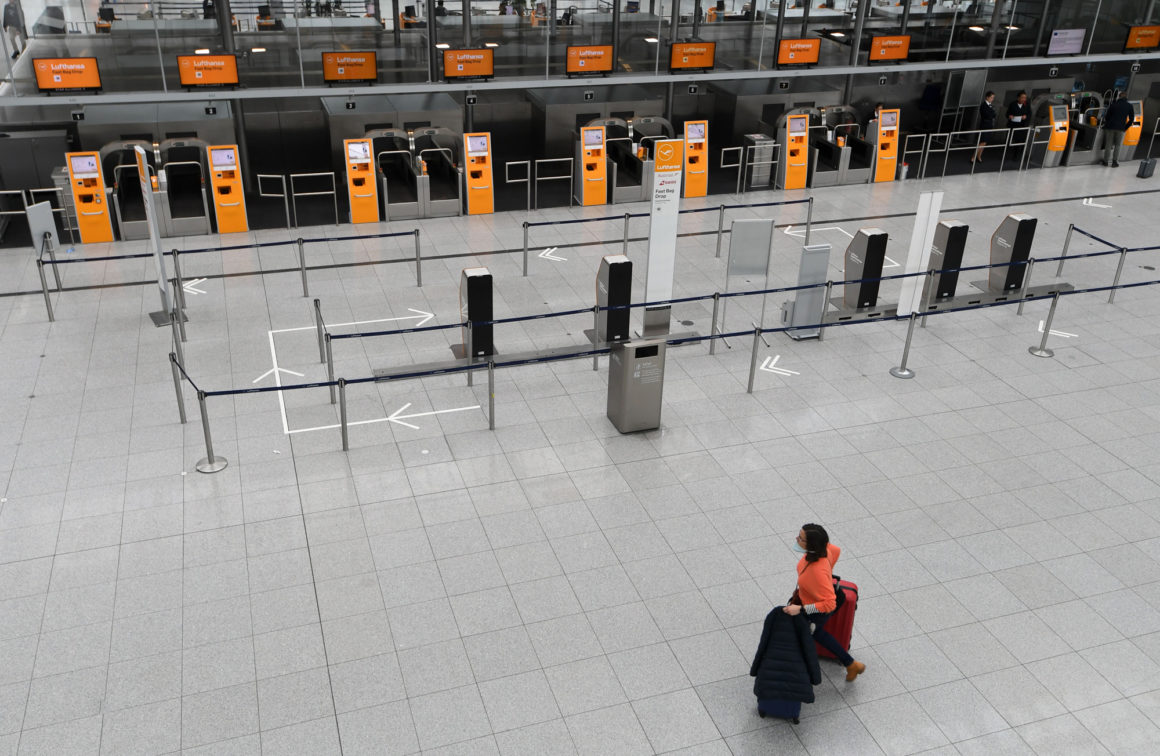The European Union on Wednesday officially lifted travel restrictions for 14 countries. The United States, among others, did not make the cut, causing problems for separated families.
The move follows months of lockdowns and border restrictions, which stalled economies and tourism industries in favor of public health. Yet, the EU remains cautious when it comes to opening up Europe for visitors. In this light, the bloc weighed each country’s containment measures, taking into account physical distancing and economic and social considerations. Specifically, the EU evaluated each country’s availability for COVID-19 testing, surveillance, contact tracing, and their ability to produce reliable information. The EU will reassess these measurements every two weeks to determine future travel regulations of each country.
Taking this into account, citizens from Australia, Canada, Japan, and New Zealand are welcome to travel to the EU again. Other countries deemed safe and approved are Algeria, Georgia, Montenegro, Morocco, Rwanda, Serbia, South Korea, Thailand, Tunisia, and Uruguay.
Notably, the US’ exemption from this list raises attention to the Trump administration’s leadership – or lack thereof. In fact, US coronavirus infection rates have continued to climb in recent weeks, according to John Hopkins University. On the other hand, the EU has substantially slowed the spread of the disease with no surges since the beginning of May.
#LoveIsNotTourism
While the EU’s decision to ease an extensive and long-standing travel ban shows progress in opening borders, not everyone agrees with the bloc’s classification of who can enter. Some families remain separated under the EU’s recommendation to accept travelers by nationality. In response, some affected people have taken to Twitter whereby #LoveIsNotTourism became trending.
The pandemic has revealed cracks in a globalized world, where it has become increasingly problematic for families to stay together when travel is restricted by nationality. The decision to refuse entry to certain citizens without taking into account their recent locations is taking a toll on individuals and families alike.
As the world continues to move forward and navigate reopening, some feel overshadowed by economic pressures and the value that is placed on the tourism industry.


